University of Amsterdam
Description
The University of Amsterdam (UvA) is ambitious, creative and committed: a leader in international science and a partner in innovation, the UvA has been inspiring generations since 1632. Since its foundation in 1632, the UvA has grown into one of the leading universities across the full spectrum of the arts, humanities, natural sciences, social sciences and medical sciences. Its 6,000 staff, 3,000 PhD candidates and 40,000 students work and study together at various locations in Amsterdam.
Contribution
UvA will contribute to the project through project coordination and management (WP1). Project coordinator implements internal and external communication mechanisms and administrative measures to ensure the efficiency of the project and the overall operations of its activities. UvA will also develop the dissemination, exploitation and communication plan, to be agreed upon by all participants (WP8). This plan will include a digital marketing strategy, conference and publications outputs, KPIs for measurable impacts and a detailed list of all networks, organizations, associations and institutions for GoGreen’s dissemination streams.
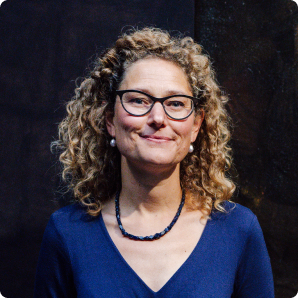
Katrien Keune
Katrien Keune (UvA/Rijksmuseum) is full professor by special appointment of Molecular Spectroscopy at the University of Amsterdam, Netherlands and head of Science at the Rijksmuseum Amsterdam. She is the coordinator of the GoGreen project. Keune is specialized in ageing and degradation studies of pigments and oil paintings at the micro- and molecular level. She initiated and (co)led many national and international interdisciplinary research projects funded by programmes among others Horizon Europa, EU-H2020, EU-JPI, NWO-NICAS and NWO-TALENT.
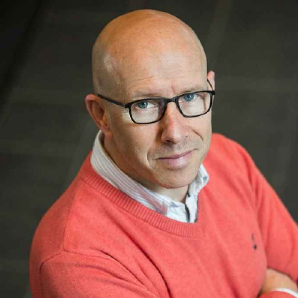
Garry Corthals
Prof. dr. Garry Corthals’s research focuses on the use of mass spectrometers to characterise and quantify proteins in biological systems. His multidisciplinary group will draw from a wide range of expertise allied to mass spectrometry ranging from chemistries to computational methods to solve challenging questions, thereby providing new knowledge and concepts in biomolecular sciences. In line with HIMS research areas in Macromolecular and Biosystems Analysis, Prof. Corthals’s thematic areas of research will be in health, food, forensic and art sciences.
Since 2006, Prof. Corthals has led a research group in the field of mass spectroscopy-based proteomics at the Turku Centre for Biotechnology in Finland. He is also director of the Turku Proteomics Facility of Turku University & Åbo Akademi University in Finland and chairman of the National Proteomics and Metabolomics Technology Platform, as well as being a member of the Innovation, Impact and Exploitation of Infrastructure for Systems Biology (ISBE) steering committee.
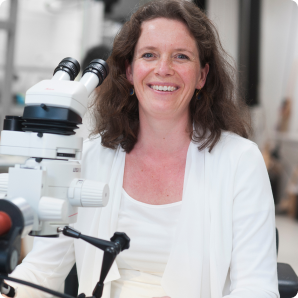
Maartje Stols-Witlox
Maartje Stols-Witlox is Associate professor paintings conservation, programme director of Conservation and Restoration at UvA, and PI of the NWO Free Competition Humanities project Down to the Ground (2018-2023). With a background in art history and paintings conservation, she is an expert on conservation research with emphasis on the use of performative methods (reconstruction) and on historical written sources. Maartje has (co-)led several interdisciplinary research projects, is the initiator of the international AcCESS platform for Academic Conservation Educators, has published/edited >6 books and >40 papers. Within GoGreen, Maartje focuses on conservation decision making, historical conservation treatment recipes as source for natural alternatives to current methods, and is involved in the development of education modules.
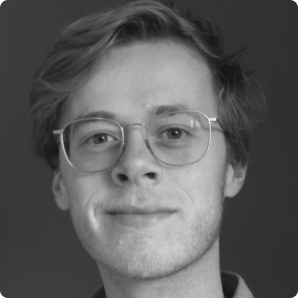
Joen Hermans
Joen Hermans is Assistant Professor Conservation Science at the University of Amsterdam, which is a joint position between the Conservation & Restoration program and the Van ‘t Hoff Institute for Molecular Sciences. After studying chemistry at Utrecht University, Joen obtained his PhD on metal soap formation in oil paints at the University of Amsterdam in 2017. He obtained a NWO/Veni grant in 2018 to study the effects of water on oil paint chemistry. Since 2017, he also holds a position as researcher at the Conservation & Science department of the Rijksmuseum.
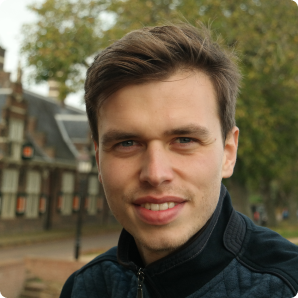
Sander van Lith
Sander van Lith is a PhD candidate at the University of Amsterdam and works on the GoGreen project since January 2023. He studied at Eindhoven University of Technology and has research experience in liquid crystal networks, adhesives, and polymer technology. He wants to optimise acceptable indoor climate conditions for oil paints to avoid excessive environmental control. Therefore, he proceeds to make a damage function for oil paints, since a tailored well-researched damage functions does not exist for oil paintings in contrast to other cultural heritage materials. He currently investigates the impact of different environmental factors causing (in)direct damage to an oil paint.
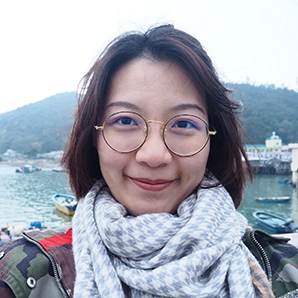
Han Zhou
Han Zhou is a PhD candidate at the University of Amsterdam. She holds a MA Degree in Conservation from the West Dean College of Arts and Conservation (2021) with a specialization in ceramics and glass conservation, and a BA in Art History and French from the University of Hong Kong (2019). She is Secretary of the Ceramics and Glass Group of the Institute of Conservation (ICON) in the UK. Han joined the GoGreen project in February 2023. Her research focus is on the exploration of greener alternatives to current conservation methods through the investigation of historical treatment recipes.
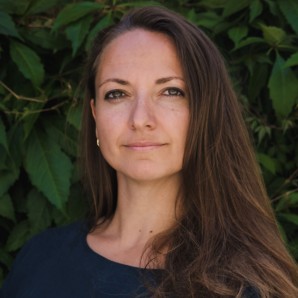
Caitlin Southwick
Caitlin Southwick is the Founder and Executive Director of Ki Culture and Sustainability in Conservation (SiC) and the CEO of Ki Futures. She holds a Professional Doctorate in Conservation and Restoration of Cultural Heritage from the UvA. Before founding Ki Culture, Caitlin worked in the conservation field for eight years in museums and sites around the world, including the Vatican Museums, The Getty Conservation Institute, The Uffizi Gallery, and Rapa Nui. She was the Secretary of the Working Group on Sustainability for the International Council of Museums (ICOM) and a professional member of the American Institute of Conservation’s Sustainability Committee and is currently a Climate Reality Leader for the Climate Reality Project. She is an internationally recognized speaker and trainer on sustainability.
At the UvA, Caitlin is responsible for the Communication and Dissemination of the GoGreen project, and she is also involved with the Green Definition.
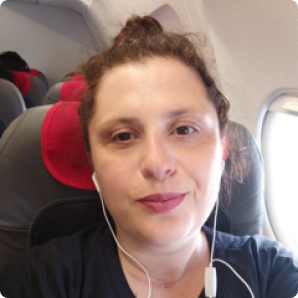
Aida Kalender
Aida Kalender works at the Project Management department of the Faculty of Science at the University of Amsterdam and is engaged as a project manager of the GoGreen project.
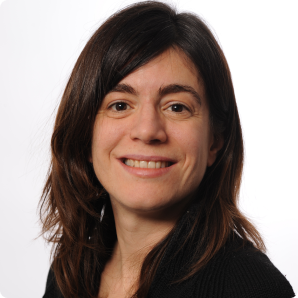
Laura Davoli
Laura Davoli works at the Project Office of the Faculty of Science at the University of Amsterdam. She is a Project Controller and the finance contact person for the GoGreen project.
